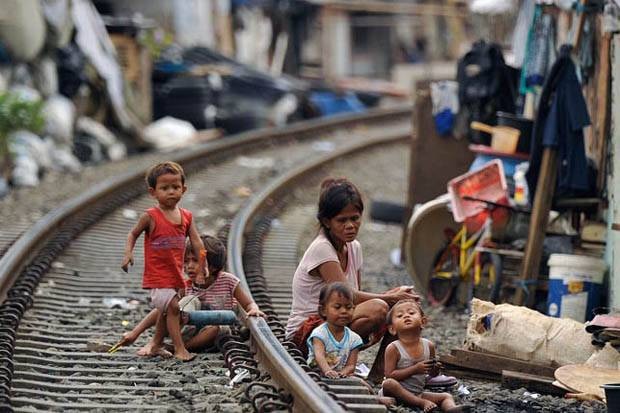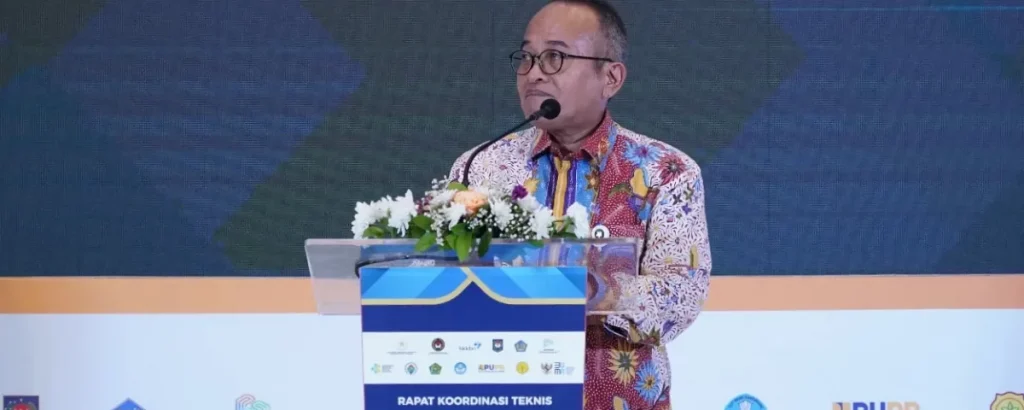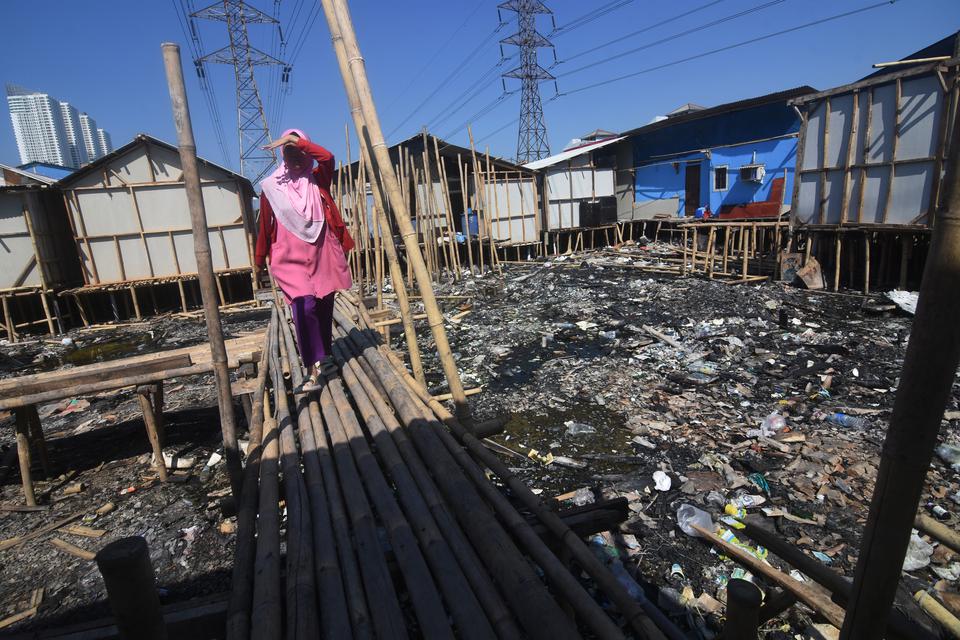The C20 calls on G20 leaders to make concrete efforts to provide and share resources in preventing and responding to food crises and poverty.

IDXChannel – Civil 20 member (C20) from around the world gathered in Jakarta on 27-28 July 2022. The meeting was to finalize the policy priorities and recommendations of the C20 to leaders G20.
Meanwhile, the issues raised are related to global crisis multidimensionality that is happening today. As many as 71 million people have fallen into poverty extreme in the first quarter of 2022, and more than 250 million people are expected to need humanitarian assistance and protection by the end of the year.
C20 urges that multidimensional global crises must be addressed more quickly, more equitably and sustainably. It is important for G20 leaders to put the people above politics, because economic growth is not possible without a real contribution from the voice of the people, and the active participation of all levels of society including women and people with disabilities.
The C20 Forum also discusses ideas and recommendations that are not only inclusive, but also address the overall current political, economic and social turmoil.
“Representing the voice of civil society, we call on G20 leaders to make concrete efforts to provide and share resources in preventing and responding to the current crisis. The G20 must increase the quantity and quality of funding for the global crisis and recognize non-state actors as humanitarian actors. It is time for the current leadership to shift from 'doing good for yourself' to 'doing good for others'”, said the Chairman of C20 Indonesia, Sugeng Bahagijo in Jakarta, Thursday (28/7/2022).
According to him, 2022 is a year in which the number of people who need humanitarian assistance is higher than in previous years. This number is still growing and triggered by the Covid-19 pandemic, natural disasters, the climate crisis, socio-economic injustice, socio-political conflicts, food crisis and energy, inflation, bad governance and so on.
The issue of climate change is also one of the biggest triggers for the escalation of global humanitarian turmoil. That is likely to keep the Paris Agreement target, which limits global warming to 1,5 degrees C or lower, from being met.
“This has an impact on various aspects of our lives, including food and water scarcity which leads to malnutrition and increasing inequality in various countries. In addition, the world economy will also be 10% -18% smaller," said Binny Buchori as Steering Committee C20 Indonesia.
The food crisis, which has exacerbated the current humanitarian crisis, has also been triggered by a surge in inflation and market speculation, which has led to a significant increase in food prices. According to the latest World Bank report, more than 80 percent of Low-Income Countries (LICs) and Low- and Middle-Income Countries (LMICs) have seen inflation rates above 5%.
Furthermore, the C20 assesses that the G20 agenda to achieve the SDGs requires an inclusive global system that encourages economic growth and the job market. However, financial institutions such as banks, hedge funds and businesses are stealing the opportunity to profit from the deregulation of global food markets which has had a negative impact on low-income communities.
Economic and social policies in these times of multidimensional crises must be community-centred, with holistic social assistance, universal health care and basic services available across borders to reach the most vulnerable.
“Today we are witnessing the immense suffering that people are experiencing day to day due to the protracted pandemic, global economic and humanitarian crisis,” said Nadia Daar of Oxfam International in her session at the Plenary entitled 'Questioning the G20 Recovery Strategy When the Threshold of a Global Recession Can't avoided'.
Although, the C20 appreciates the G20's efforts in establishing the proposed Financial Intermediary Fund (FIF) for Pandemic Preparedness, Prevention and Response (PPR) as a way to cope with the crisis, it is important for the G20 to ensure transparency, inclusivity and accessibility of developing countries and Civil Society Organizations (CSOs) to the fund, and more importantly, to ensure that it is not just a new debt scheme.
The recent G20 Financial Forum in July failed to find common ground in the Ukraine-Russia war, and the G20 must recognize that the inability and reluctance of its member states to address this issue will not only cause greater harm to human life but also economic consequences. and setbacks in ending poverty.
In response to the compelling global crisis data presented by civil society, Indonesia as the current president of the G20 is formulating strategies to strengthen the recovery and resilience needed to deal with future crises in developing countries, including the last developing countries and developing countries. small islands.
According to the G20 Deputy for Finance, Wempi Saputra, solving global crises including the food crisis, energy crisis, and financial crisis requires strong collaboration and participation from all stakeholders including civil society organizations, and this needs to be done through collective action. Wempi also expressed his support for Civil Society Organizations to be given more space for dialogue and conversation with G20 leaders.
Amalia Adininggar Widyasanti as Deputy Minister of Economy of the Ministry of National Development Planning of the Republic of Indonesia, who is also part of the G20 Development Working Group, was also present and echoed the importance of collaboration and strong participation of civil society organizations in the G20 dialogue.
“In this time of dual crisis, it is imperative for the G20 to commit to global economic governance that is inclusive, transparent and democratic, and reaches out to the most vulnerable communities. Decisions on global issues should be made in a forum where all countries can participate on an equal footing, and that forum is the United Nations,” urged Tove Maria Ryding of the European Network on Debt and Development (EURODAD).
“With the last quarter remaining before the holding of the G20 Summit in November, the C20 coalition strongly encourages G20 leaders to intensify dialogue and engage in more discussions with CSOs to produce more concrete declarations and commitments that address and provide more ambitious solutions to multidimensional crises. currently affecting people's daily lives”, said Ah Maftuchan, Sherpa C20.
(FRI) Source: IDX Channel



